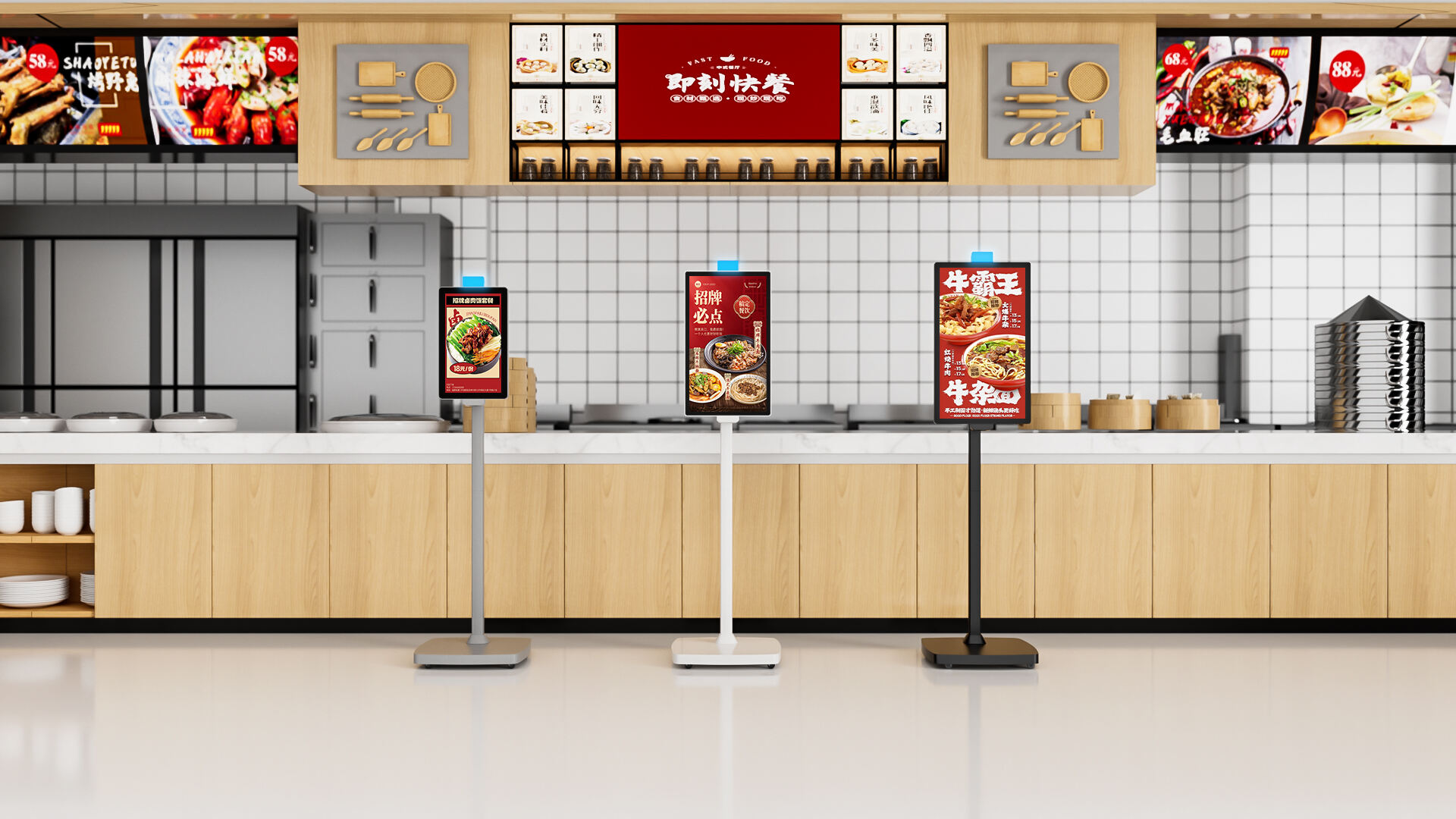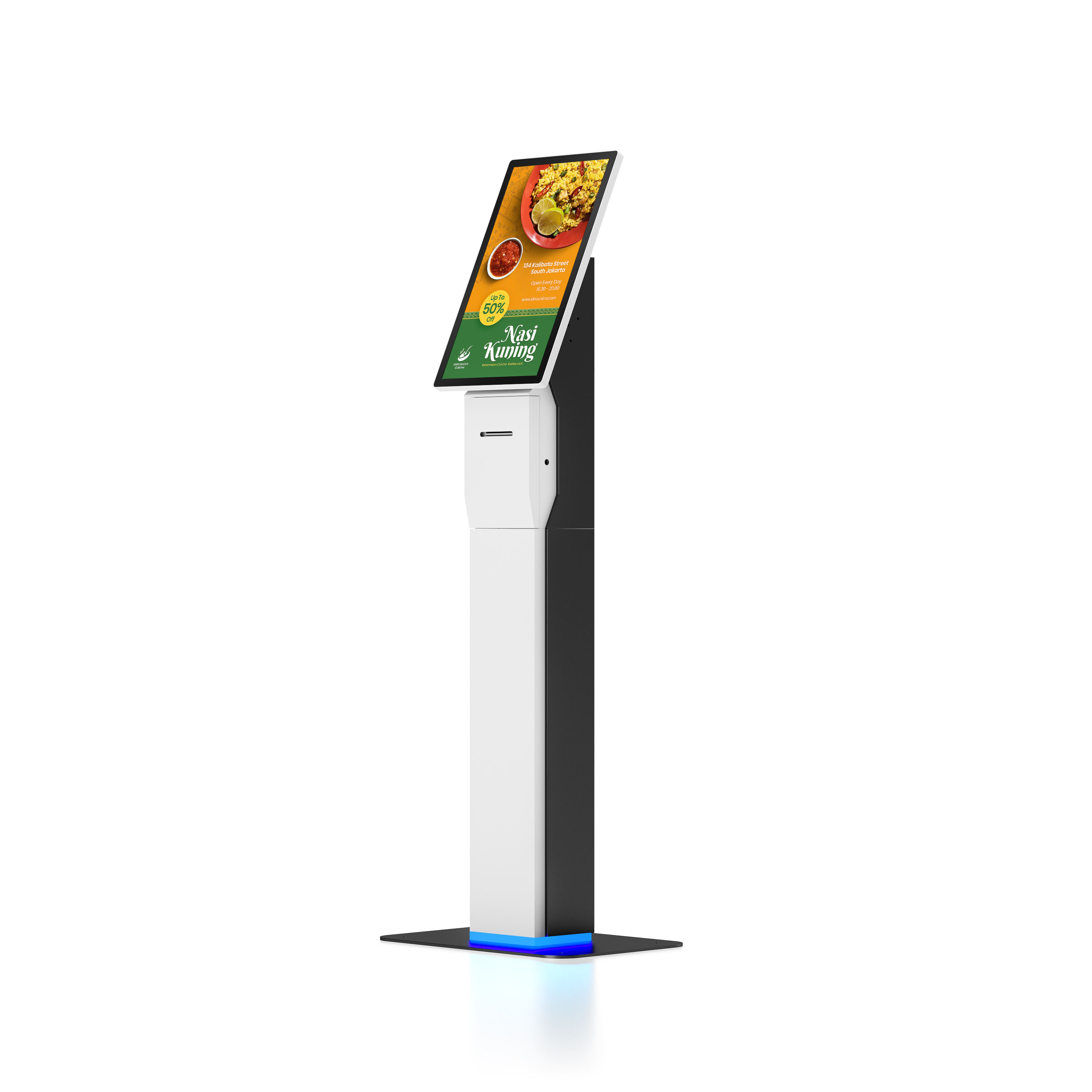
Self kiosk technology has revolutionized the way businesses interact with their customers, creating seamless experiences that combine efficiency with convenience. As automation continues to shape the modern business landscape, self-service kiosks have emerged as powerful tools that drive operational excellence while meeting evolving consumer expectations. From reducing wait times to minimizing human error, these technological solutions are transforming various industries in remarkable ways.
The adoption of self kiosk technology has accelerated dramatically in recent years, with businesses recognizing the substantial returns on investment these systems provide. Not only do they optimize workforce allocation, but they also enhance customer satisfaction by offering consistent, round-the-clock service options. As we explore the industries that have reaped the greatest benefits from this innovation, it becomes clear that self-service kiosks are more than just a trend – they represent a fundamental shift in how businesses operate and serve their customers.
The retail sector has witnessed a dramatic transformation through self kiosk technology implementation. Modern retailers are installing sophisticated self-checkout systems that allow customers to scan, bag, and pay for their items independently. These systems not only reduce queue times but also enable stores to reallocate staff to more value-added activities such as customer service and inventory management.
Major retailers have reported significant improvements in customer flow and satisfaction levels after implementing self-service kiosks. The technology has proven particularly valuable during peak shopping hours, helping to maintain steady customer throughput while reducing frustration associated with long wait times.
Beyond checkout functions, retail self kiosk technology serves as an information hub for shoppers. These interactive stations allow customers to check product availability, access detailed specifications, and even view demonstration videos. The ability to provide comprehensive product information without requiring constant staff assistance has proven invaluable in improving the shopping experience.
Furthermore, these kiosks often integrate with stores' inventory management systems, enabling customers to check stock levels in real-time and place orders for out-of-stock items. This seamless integration between physical and digital retail environments has helped retailers maintain competitive advantages in an increasingly omnichannel marketplace.

Healthcare facilities have embraced self kiosk technology to revolutionize patient intake processes. Modern medical centers utilize these systems for everything from initial registration to insurance verification and payment processing. The technology significantly reduces administrative burden while ensuring accurate data collection and maintaining patient privacy.
These specialized healthcare kiosks often include features like document scanning, digital signature capture, and multilingual support, making them invaluable tools in serving diverse patient populations. The reduction in paperwork and manual data entry has led to measurable improvements in both operational efficiency and patient satisfaction.
Large healthcare facilities have implemented interactive wayfinding kiosks to help visitors navigate complex medical campuses. These systems provide clear directions, facility maps, and real-time updates about clinic locations and physician offices. The technology has proven particularly beneficial in reducing stress and confusion for patients and visitors while decreasing the workload on information desk staff.
Additionally, these kiosks often serve as educational resources, providing patients with access to health information, facility services, and wellness resources. This easy access to information helps patients become more engaged in their healthcare journey while reducing the burden on medical staff to provide routine information.
The hospitality sector has witnessed remarkable efficiency gains through self kiosk technology implementation. Hotels now offer streamlined check-in and check-out processes through self-service kiosks, reducing wait times and enhancing guest satisfaction. These systems can verify identifications, process payments, and even encode room keys, providing a smooth, contactless experience for travelers.
Modern hotel kiosks often integrate with property management systems, allowing guests to select specific room preferences, upgrade their accommodations, or purchase additional services without staff intervention. This automation has proven particularly valuable during peak check-in periods and for properties with limited staffing resources.
Beyond basic check-in functions, hospitality kiosks serve as digital concierges, providing guests with information about local attractions, restaurant recommendations, and transportation options. These interactive systems often include mapping features, booking capabilities, and real-time updates about local events and activities.
The technology has become an essential tool for hotels looking to enhance their guest services while optimizing staff deployment. By handling routine inquiries and requests, self-service kiosks allow hotel staff to focus on providing personalized assistance for more complex guest needs.
Transportation facilities have leveraged self kiosk technology to streamline passenger processing and reduce congestion. Airports, train stations, and bus terminals now rely heavily on self-service kiosks for ticket purchases, seat selection, and boarding pass issuance. These systems have significantly reduced queue times while improving operational efficiency.
Modern transportation kiosks often include advanced features such as biometric verification, baggage tag printing, and real-time flight or departure information. The technology has become particularly crucial in managing high passenger volumes during peak travel periods.
Beyond ticketing functions, transportation hubs utilize self kiosk technology to provide travelers with essential information about schedules, delays, and terminal navigation. These interactive systems help passengers access real-time updates about their journeys while reducing the burden on information desk staff.
The integration of self-service kiosks in transportation facilities has also improved accessibility for international travelers through multilingual support and currency conversion features. This technological solution has proven invaluable in creating more efficient and user-friendly travel experiences.
Self kiosk technology offers numerous advantages including reduced operational costs, improved customer service efficiency, decreased wait times, and enhanced data collection capabilities. These systems also provide consistent service quality and can operate 24/7, making them valuable assets for businesses across various industries.
Self-service kiosks enhance customer experience by providing faster service, reducing wait times, offering multiple language options, and ensuring consistency in service delivery. They also give customers more control over their transactions and access to detailed information without requiring staff assistance.
Modern self kiosk technology incorporates various security features including encrypted data transmission, secure payment processing, physical security measures, and regular software updates. Many systems also include biometric verification options and compliance with industry-specific security standards to protect sensitive information.

Copyright © 2025 Shenzhen YJCen Technology CO.,Ltd. All rights reserved. - Privacy policy